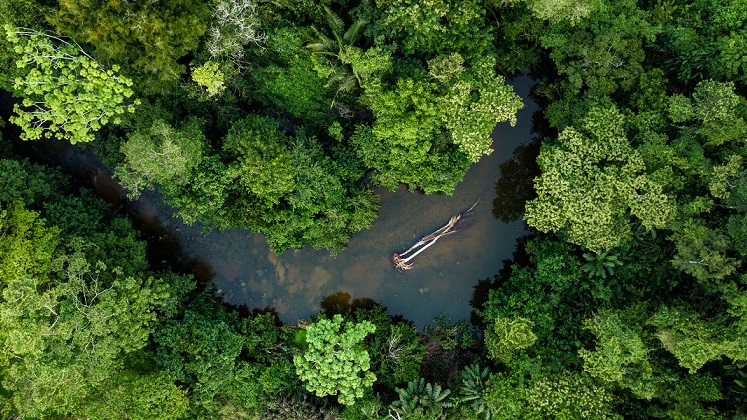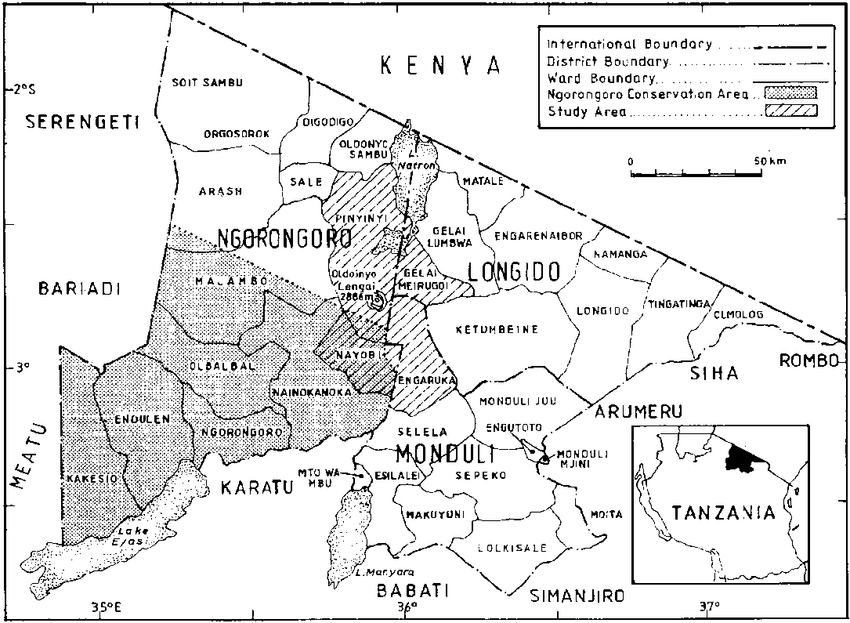Implications for Africa’s Climate Future
On the road to the African Climate Action Summit this September, a recent study finds that global greenhouse gas emissions are at an all-time high. The question is, what does this mean to Africa? This continent contributes less than 3% of global gas emissions and needs more finances to transition to sustainable low-carbon growth.
Scientists from this study found that even though the rate at which gas emissions are increasing is dwindling, human-induced warming is now at 1.14C, an increase of 0.07C since it was last reported in 2021 by the IPCC (Intergovernmental Panel of Climate Change).
Recently, Inger Anderson, the Executive Director of UNEP, pointed out that action on the climate crisis was weak despite the global efforts towards combating climate change. Out of 197 states, 194 states have committed to the Paris Agreement’s goal to limit the increase of global temperature to 1.5°C and meet the net zero goal by 2050.
Assessing Africa’s Climate Action Summit: Addressing Barriers and Seeking Sustainable Solutions
Addressing the Committee of Permanent Representatives at the 162nd meeting in Nairobi, Kenya, Anderson said, “Almost 90 per cent of the SDGs are off track, have shown no movement or have regressed. By 2030, nearly 700 million people are predicted to be hungry, over 500 million people are expected to live in extreme poverty, and over 600 million people are likely to remain without electricity. Inequality gaps – in gender, wealth and education – are not closing. Action on the triple planetary crisis – climate change, the crisis of nature and biodiversity loss, and pollution and waste – is too weak.”
The African Climate Action Summit will be hosted in Kenya 0n the 4th to the 6th of September and will bring together experts from different fields. Under the theme “Driving green growth and climate finance solutions for Africa and the world”, the summit will address the barriers to climate action and explore meaningful solutions towards a sustainable future for Africa and the world. The meeting will be held in parallel with the Africa Climate Week (ACW) in Kenya and hosted by its government.
Despite Africa’s abundance of natural resources, it is largely underdeveloped. And even after the climate crisis, Africa still largely depends on fossil fuels. Furthermore, discoveries of oil and gas in the past five years indicate prospects of wealth. Countries like Namibia, Côte d’Ivoire, Ghana, Angola, Gabon, South Africa, Kenya and Tanzania have recent oil and gas discoveries.
High-Income Countries’ Hypocrisy: From Fossil Fuel Dependence to Insufficient Climate Finance
The race to net zero is unfair to Africa and hypocritical where the West is concerned. History is clear: all the high-income countries relied heavily on fossil fuels to develop their economies. Even so, Europe still heavily relies on fossil fuels. More than three-quarters of the EU’s gas emissions come from energy consumption, Europe’s Climate Action Network claims. We can’t eliminate the Middle East, Oman, Qatar, Kuwait, and Saudi Arabia, all completely (100%) dependent on fossil fuels for energy.
One of the challenges to the development of Africa is energy poverty. According to a 2022 report by the International Energy Agency, at least 43% of Africa’s population lacks access to electricity. Thus abandoning fossil fuels is not an option for Africa. African countries need to exploit their existing fossil fuels to ensure energy security and expand their economies. And this was made clear by African leaders at last year’s UN Climate Change Conference.
“There are a lot of oil and gas companies present at COP because Africa wants to send a message that we are going to develop all of our energy resources for the benefit of our people because our issue is energy poverty,” said Namibia’s petroleum commissioner, Maggy Shino, who works within the country’s Ministry of Mines and Energy, as reported by Reuters.
As much as Africa is part of the solution towards the global climate crisis, she needs more finances to transition to renewable energy. And even though high-income countries pledged $100 billion in annual climate finance to developing countries more than a decade ago, they have failed to deliver. Even with climate finance rising with $3 trillion invested worldwide, less than 3% has reached Africa. According to Bogolo Kenewendo, the first Africa Director for the UN Climate Change High-Level Champions, Africa has only received about $ 20 billion of the $100 billion, only six countries.
According to the African Development Bank, by 2030, Africa will need $2.7 trillion to finance climate change needs. The continent is the most vulnerable on Earth to the onslaught of the climate crisis. The crisis is aggravating the already existing socioeconomic and political instability in Africa. Consequences of drought and flooding resulting in land pressures are conflicts among farmers and herders and mass displacements; food insecurity and excessive deforestation; disruption in education, and much more. Flooding damages transport and communication infrastructure and contributes to pronounced economic losses and health risks.
Akinwumi Adesina’s Call for Justice: Holding High-Income Countries Accountable on Climate Finance
During the recent AfDB 2023 Annual meetings, Mr Akinwumi Adesina called out the high-income countries for not honouring their $100 billion pledges. The bank’s president, Mr Adesina, said that Africa was short-changed in climate finance and that the lack of adequate financing to tackle climate change was choking.
Charity begins at home; in this case, climate action starts at home, but this is not the case for high-income countries. To quote Maggy Shino, “If you are going to tell us to leave our resources in the ground, then you must be prepared to offer sufficient compensation, but I don’t think anyone has yet come out to make such an offer.” Collective action is imperative to achieve the net zero goal and bring back the SDGs on track. We cannot overlook how essential climate finance is to mitigation.
Financial pledges should be honoured rather than criticising fossil fuel projects in Africa. With greenhouse gas emissions being at their peak, it is crucial for the ACS to address financial challenges to climate change mitigation. Also, high-income countries shouldn’t forget that fossil fuels are the bedrock of their wealth and are at an economic advantage when tackling the climate crisis.
Overcoming the Debt Crisis: Mobilizing Domestic Resources for Climate Commitments and Sustainable Development
Still calling out for the Pledge is a song sung since 2021. And the recent leaked UK memo that suggests that the once promised £11.6 billion in international climate finance by 2026 is being dropped, as reported by Climate Home News, should push Africa not to put stock in the pledge being fulfilled. Instead, Africa should be mindful of the growing debt crisis predicted to grow more to 10 to 15% in the next three to ten years. And collectively work to mobilize domestic resources necessary for achieving its global climate commitments as well as sustainable development.
More of the climate articles, read here.





[…] culprits. We must invest in sustainable farming practices that protect the environment and reduce greenhouse gas emissions. We also need to invest in renewable energy and energy efficiency so that we can reduce our […]